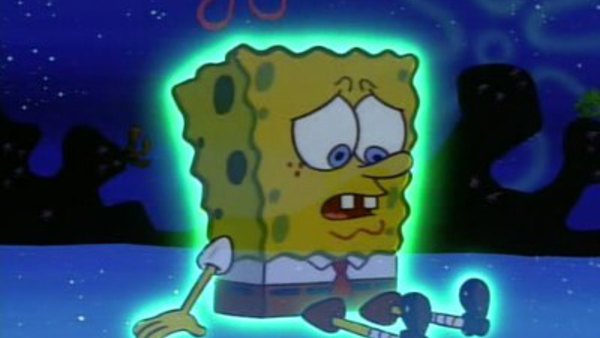

Many pediatricians and psychologists fear that the rapid oscillating between different stimuli will make kids unable to focus, especially when they start juggling listening to music, playing a video game and texting on their cellphone at the tender age of five.
#VIEW SPONGEBOB SQUAREPANTS EPISODES TV#
In a world where the average kid is plugged into some kind of media, be it the internet, smart phone, video games or TV for up to eight hours a day, the negative impact of all this media multitasking on young brains has become a hot topic for debate. It could not possibly provide the basis for any valid findings that parents could trust," David Bittler, a representative for Nickleodeon, told ABC News. "Having 60 non-diverse kids, who are not part of the show's targeted demo, watch nine minutes of programming is questionable methodology. The study subjects were also only four, two years younger than the target SpongeBob audience. Nickleodeon, the makers of SpongeBob, defended the cartoon, pointing out that the study looked only at white middle- to upper-class kids. All fast-paced, fantastical kids' shows are called into question. The blame shouldn't fall exclusively on the square shoulders of his kindly sea sponge.

David Rosenberg, chief of child psychiatry and psychology at Wayne State University. "This is something we have known for quite sometime, but this is elegant research that puts science behind what we think," says Dr. Parents and pediatricians have often commented that the frenzied pace of many kids' cartoons today make kids distracted and kill their attention spans. By contrast, the PBS show was slower and exhibited real life events about a preschool-age boy. Study authors note that it's hard to say what it was about the adventures of this friendly kitchen sponge that seemed to have such an immediate negative effect on kids, but they suspected it was the fantastical events and rapid pacing of the show.

Compared with those who were drawing and those watching PBS, the SpongeBob kids performed significantly worse on the tasks. Researchers chose SpongeBob for its frenetic pace: The show switches scenes on average every 11 seconds, as compared with the PBS cartoon, which switched only twice a minute.Īfterward the preschoolers were asked to do four different "executive function" tasks that test cognitive capability and impulse control, such as counting backwards, solving puzzles, and delaying gratification by waiting to eat a tasty snack until told to do so. Led by University of Virginia psychologist Angeline Lillard, researchers randomly assigned 60 four-year-olds to three activities: drawing freely with markers for nine minutes watching a slower-paced, PBS cartoon for that time or watching SpongeBob SquarePants.


 0 kommentar(er)
0 kommentar(er)
